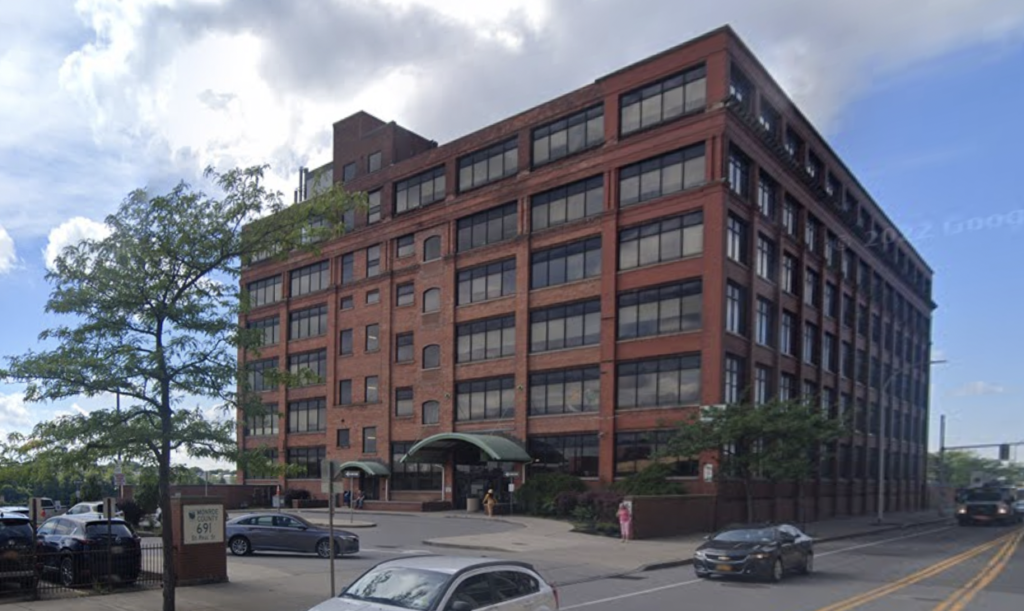
A report issued today shows Monroe County leads among all urban counties in New York State in denying benefits to public assistance applicants. Monroe County’s denial rate never dipped below 75% since 2020, and topped 80% last year. Data shows sanctions have dropped, but case closings and denials are up.
The report, “Monroe County Leads in Benefits Denials: A Closer Look at Denials, Case Closings and Sanctions” updates the 2018 study of these issues by Nazareth University Professor Harry Murray. Monroe County Legislator Rachel Barnhart and Amy D’Amico, a housing advocate, attorney and expert in the system of homeless services.
Here are the report’s key findings:
- Monroe County is an outlier for its denial rate of applications.
- While overall use of sanctions has plummeted, Monroe County has increased case closings for compliance issues.
- Monroe County continues to sanction drug and alcohol use more than similar counties.
- More data is needed to determine the reasons behind Monroe County’s high denial rate.
“There’s no reason to suspect Monroe County residents are any different than in other counties, but our bureaucracy certainly appears to be,” said Legislator Barnhart. “This points to systemic issues that have been ongoing for decades.”
“If the issue is that people do not submit complete applications, as Thalia Wright has stated in public Legislature meetings, then it is incumbent on the County to help people overcome barriers to successful completion,” said Amy D’Amico. “If the issue is that people don’t go to abstinence-based drug treatment, then the barrier, in the midst of a public health opioid crisis, might be that the treatment is no cure for people using drugs as the result of a disorder. We don’t typically deny diabetics housing because they drink coca-cola. Why are we treating this particular disease so punitively?”
The report recommends a number of steps, including identifying and fixing barriers to public assistance, implementing the RASE Commission recommendations on sanctions, and taking a harm-reduction approach to substance use disorder treatment.